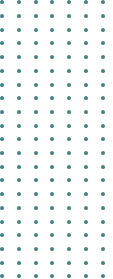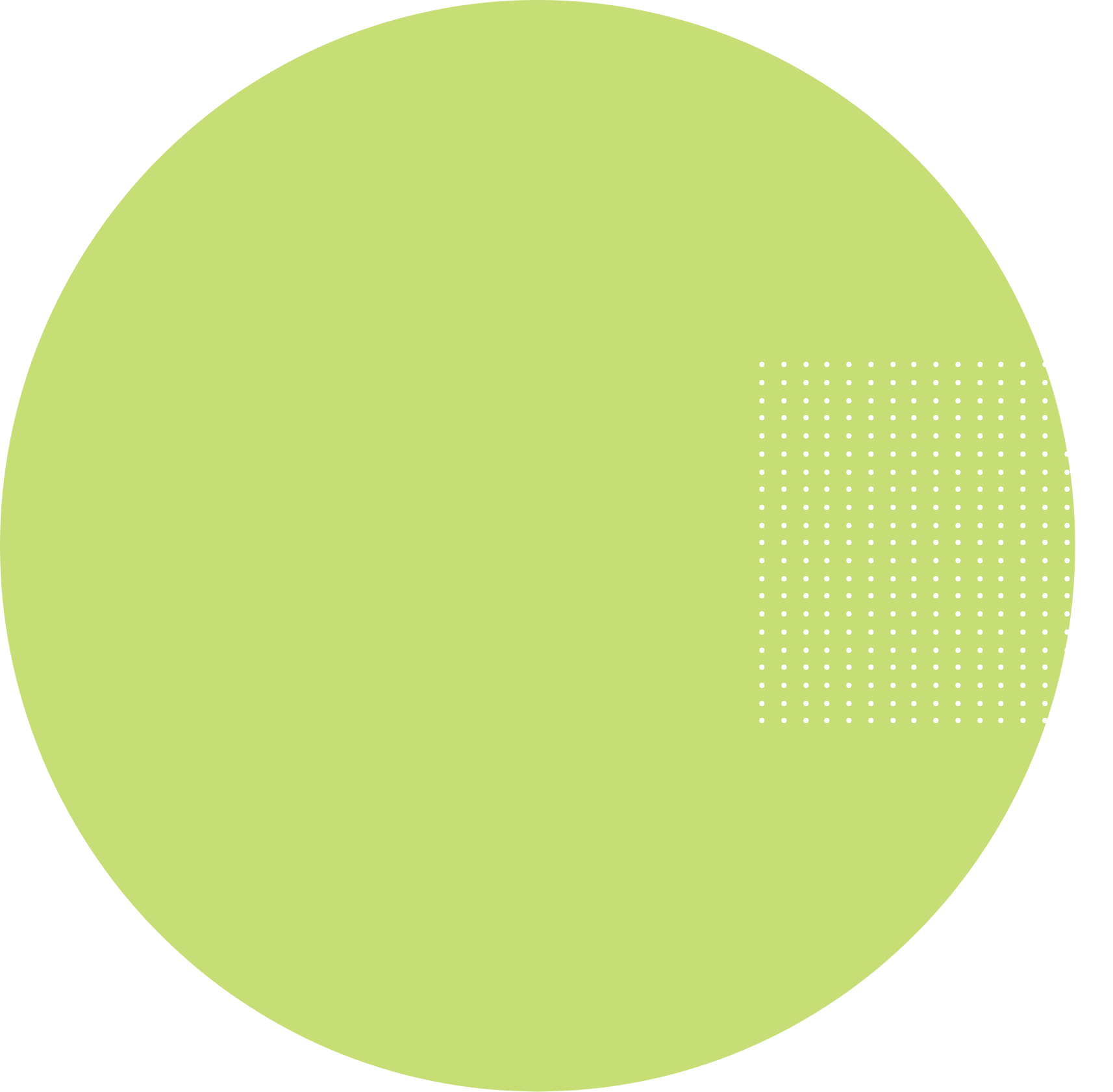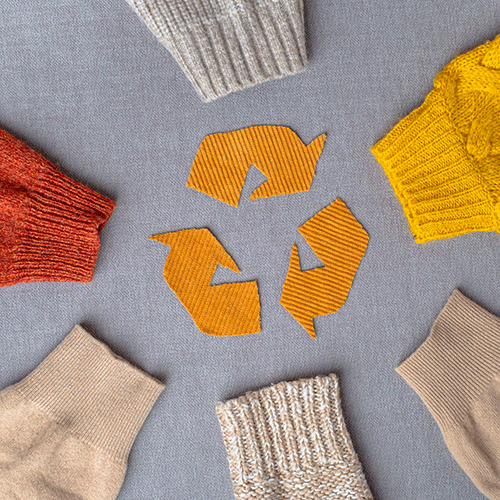
The textile industry uses significant amounts of water and energy, creating emissions in the form of water and air pollution.
Made from natural resources obtained from plants and animals, plus synthetic sources such as oil, the textile industry depletes natural resources and puts a strain on the environment. If appropriate stewardship or due diligence is not applied, all raw material sources have significant environmental, social, and governance issues. The supply chain for these raw materials is often opaque and challenging to understand and manage.
Textiles are among the largest post-consumer contributors to landfill waste worldwide, with an estimated 92 million tonnes of clothing waste created every year. Combine this with the impact of manufacturing, and the clothing industry, especially fast fashion, is one of the biggest contributors to global pollutions.
Our goal at Eurofins soft-lines division is to provide services that bring transparency, measurement and metrics to the textile supply chains.
- Supply chain mapping – to identify raw material sources and understand the risks
- Traceability tool to validate material’s origin
- Assessment against standards such as GOTS (to support claims)
- Confirmation of recycled content against standards such as GRS
- Life Cycle Assessments (LCA) for a detailed understanding
- Certification of non-GMO modified cotton
- Chemical testing
- Emissions testing
- Microplastic release and identification testing
- Social audits of manufacturing operations
- Sustainability manufacturing strategies
All services
Industries supported
 Sustainable Chemical manufacturing
Sustainable Chemical manufacturing Sustainable Construction
Sustainable Construction Sustainable Cosmetics and Personal Care
Sustainable Cosmetics and Personal Care Sustainable cotton
Sustainable cotton Sustainable detergents
Sustainable detergents Sustainable Electrical and Electronics
Sustainable Electrical and Electronics Sustainable Farming
Sustainable Farming Sustainable Food
Sustainable Food Sustainable Footwear
Sustainable Footwear Sustainable Furniture
Sustainable Furniture Sustainable hygiene, paper and pulp
Sustainable hygiene, paper and pulp Sustainable Leather
Sustainable Leather Sustainable Paper and Packaging
Sustainable Paper and Packaging Sustainable Textiles
Sustainable Textiles Sustainable Toys
Sustainable Toys


